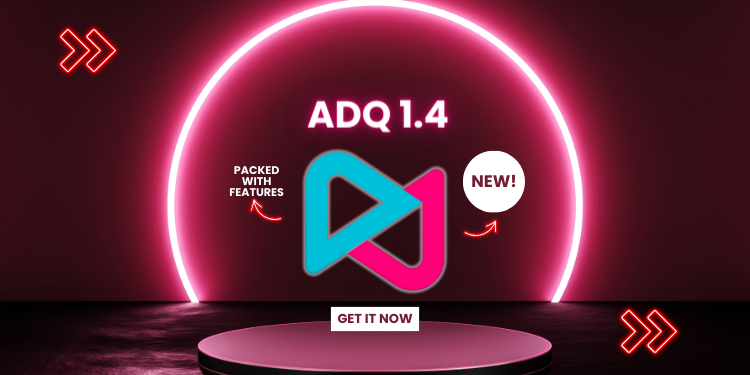
In an era where data drives strategic decision-making, data governance and the quality of that data become increasingly vital.
Building a business case for data governance can bring a number of enterprise-wide benefits. This is especially true in banking and financial services, where the risk-focused mindset can sometimes overshadow the potential to become data-driven.
However, it is often a challenge to communicate the value of investing in a data governance and analytics programme.
Successful data governance programmes are influenced by more than the deployment of advanced technologies or methodologies. They are also determined by fostering an organisational culture that fundamentally prioritises data governance. Often referred to as ‘data literacy’, this focus on encouraging a data-driven culture helps ensure that better data management efforts are adopted and sustained over time. Consequently, this can lead to improved data quality, better adherence to rules, and smarter decision-making across the company.
In a recent roundtable in London with some of our customers, we gained first-hand insight into how they are tackling the challenge of fostering a company culture that values data governance. As thought leaders in their fields, we thought we’d share some of their insights. We’ve broken these tips down into simple summaries below.
The Four Essential Tips
Here are four ways that our customers cultivate a company culture that prioritises data governance:
- Start with Data Quality
- Highlight Success Stories
- Use Positive Language
- Tap into the Human Side of Data Governance
1. Start with Data Quality
Our customers agreed that this is one of the most impactful steps. Data quality is the foundation, ensuring consistency and accuracy across the organisation’s data landscape. This is essential for any governance and analytics programme to succeed. This step helps make the benefits of data governance more apparent and relatable to all employees, as stakeholders see how data quality can enhance decision-making, reduce errors, and streamline processes. Equally, better data powers better decisions, more of which to follow…
2. Highlight Success Stories
When trying to gain buy-in internally, it’s important to be able to create a compelling story that your key stakeholders can relate to. Success can look different depending on every organisation and it’s particularly important to shout about the wins, big or small. For one organisation, having proper data governance can drive efficiencies and profits. For another, it could result in more lives saved. Real-life examples of how improved data governance has led to better outcomes can be an excellent motivator for change.
3. Use Positive Language
The way data analytics and governance are talked about has the power to significantly influence key stakeholders. This can be as simple as talking about the opportunities and benefits of having a robust data governance programme, instead of framing it as something that’s necessary to comply with regulations. Compliance is critical, but so is growing your business; consequently, demonstrate the value your improved data quality is bringing in clear dashboards.
4. Tap into the Human Side of Data Governance
While it may be true that people will frequently resist change, it doesn’t have to derail your ambitions. To deal with this effectively, try to identify some of the areas of frustration felt by other teams across the organisation. To begin with, ask them about their daily work challenges. Oftentimes, these challenges are caused by underlying problems with data quality. Understanding this helps convince them of the value of investing more in data governance to make their day-to-day jobs easier. Our customers also commented on the value of having good interpersonal skills to work effectively with stakeholders and deal with push-back.
Maintaining a Successful Data Governance Programme
Once these initial steps have been taken, continue the conversation through ongoing education and training. Offering workshops, seminars, and online courses can help demystify data governance and analytics, making it more accessible across the business.
Another way to sustain an enterprise data governance programme is by leveraging technology. User-friendly, no-code tools and platforms are a great way of democratising data governance, making it more accessible across the business. With AI, these tools can automate mundane tasks, extract valuable insights from the data, and ensure data accuracy. Accordingly, this makes it easier to encourage a company-wide culture that values data governance.
Conclusion
Fostering a company culture that values data governance is a multifaceted process. With this in mind, it’s worth seeing how our customers have gone about it. In general they achieve buy-in by starting with data quality; leveraging the power of storytelling; providing continuous education; and embracing data management technologies. By focusing on these areas, organisations can ensure that their data governance efforts move beyond compliance requirements to become strategic advantages driveing better decision-making and operational efficiency.
How Datactics can help
Looking for advice on how to build a business case for data governance within your organisation? This is something we’ve done for our clients.
We have developed Datactics Catalyst, our professional services offering, to deliver practical support in your data strategy.
From augmenting your data team to working on specific data projects, delivering training or providing a short-term specialist to solve a specific data quality problem, let Datactics Catalyst accelerate your ambitions, help you increase data literacy and foster a data-driven culture.
Have a look at our Catalyst page to find out more: www.datactics.com/
